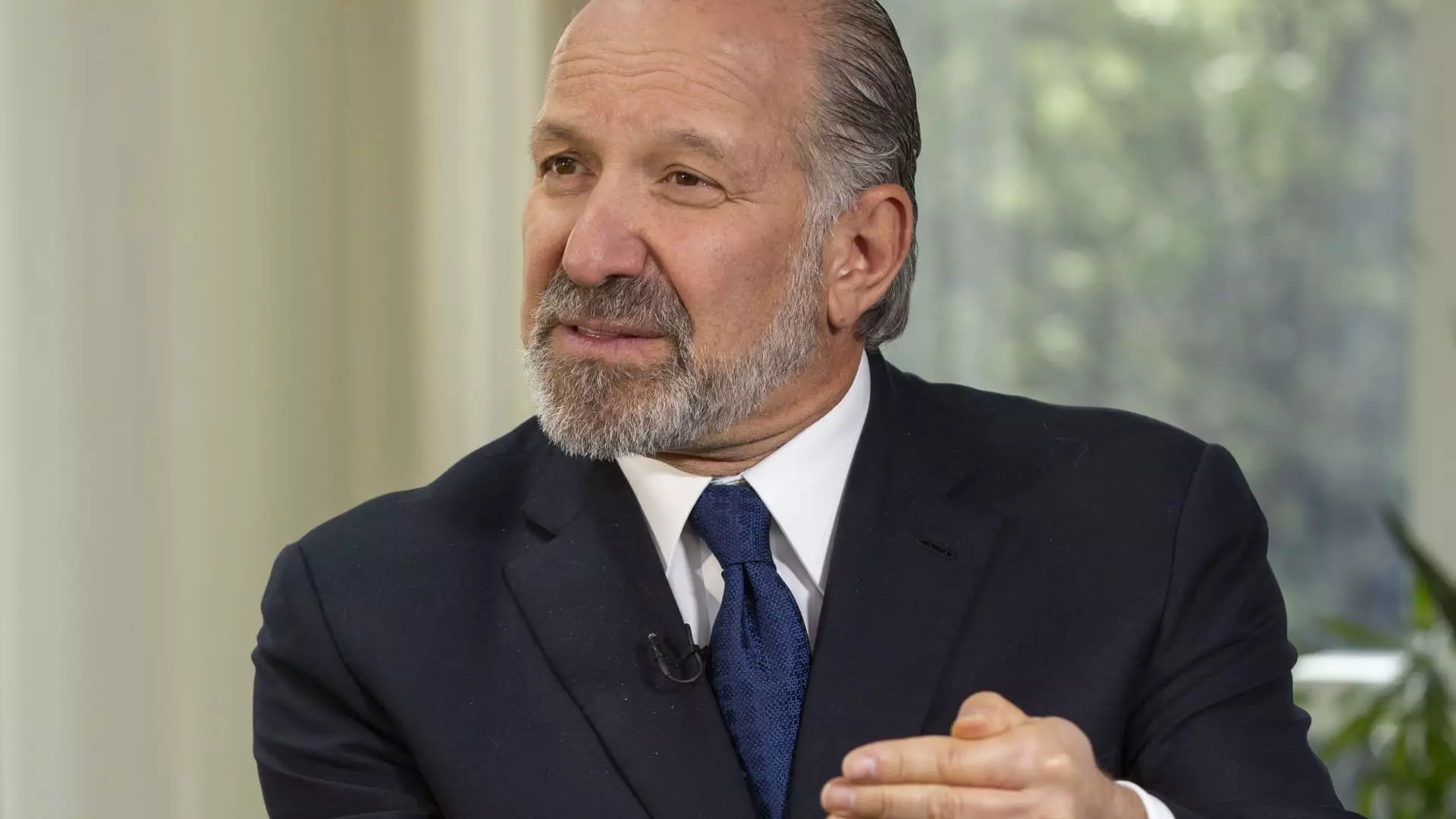In the fervor of tariff brinkmanship, it’s tempting to believe that nations can simply navigate these trade disputes with a superficial adjustment of numbers. However, this shortsighted view ignores the profound chaos such policies sow across global markets. The declaration of August 1 as a hard deadline by Howard Lutnick isn’t just a bureaucratic bulletin; it’s a stark reminder that economic power is being weaponized under the guise of negotiation. The illusion that countries can talk after the deadline without consequence is dangerously naive, dismissing the reality that tariffs ripple through economies, inflating costs, and destabilizing supply chains. It’s no longer just about trade; it’s about whether democratic nations are willing to gamble their prosperity for political posturing.
Weakening Global Alliances Through Tariff Terrorism
President Trump’s escalation of tariffs reveals a troubling tendency: using economic pressure as a form of coercion rather than genuine diplomacy. His administration’s approach seems more like a bullying tactic aimed at extracting concessions rather than fostering mutual benefit. This aggressive stance risks alienating allies and fostering economic nationalism. Small nations—Latin American, African, Caribbean—are caught in this crossfire, facing baseline tariffs that threaten their growth and sovereignty. These countries, often marginal players in the global economy, bear the brunt of Trump’s tariff obsession, which could undermine decades of diplomatic trust and regional stability. The message that these nations will simply accept unfair rates or pay the price is callous and shortsighted, exposing how reckless the doctrine of unilateral tariffs can be.
The Superficial Illusion of Fairness
Lutnick’s comments about setting “a little over 10%” tariffs for smaller nations and “fair tariffs” for larger economies reveal a superficial understanding of justice. Fairness in international trade can’t be reduced to arbitrary percentage rates that serve political narrative rather than economic reality. These policies are often more about sending a political message than fostering global cooperation. It’s troubling that a government can impose such divisive measures, ignoring the long-term damage inflicted on numerous economies, including their own. The narrative of “strength” becomes dangerous when it’s equated with economic foolishness—escalating tariffs as a display of dominance while sacrificing the potential benefits of fair, open trade. This mindset epitomizes a myopic overconfidence that risks undermining global stability for short-term political gain.
The Reckless Price of Protectionism
The Trump administration’s tariff stance exemplifies a dangerous flirtation with protectionism that undermines the principles of a fair and balanced global economy. While proponents argue it shields domestic industries, the reality is that it raises costs for consumers and international partners alike. The decision to impose tariffs as high as 40%, with a looming deadline, demonstrates an overreach that could trigger retaliatory measures, spiraling into a trade war nobody truly wins. Rather than pursuing constructive dialogue, this approach breeds economic insecurity and fosters isolationism—an attitude incompatible with the interconnected nature of modern economies. The risk is not just economic but geopolitical, as such policies fray alliances and undermine the collaborative spirit necessary to face global challenges like climate change and pandemics. The price of nationalistic bravado, cloaked in the language of strength, is insidious—ultimately costing everyone more than it claims to save.


Leave a Reply